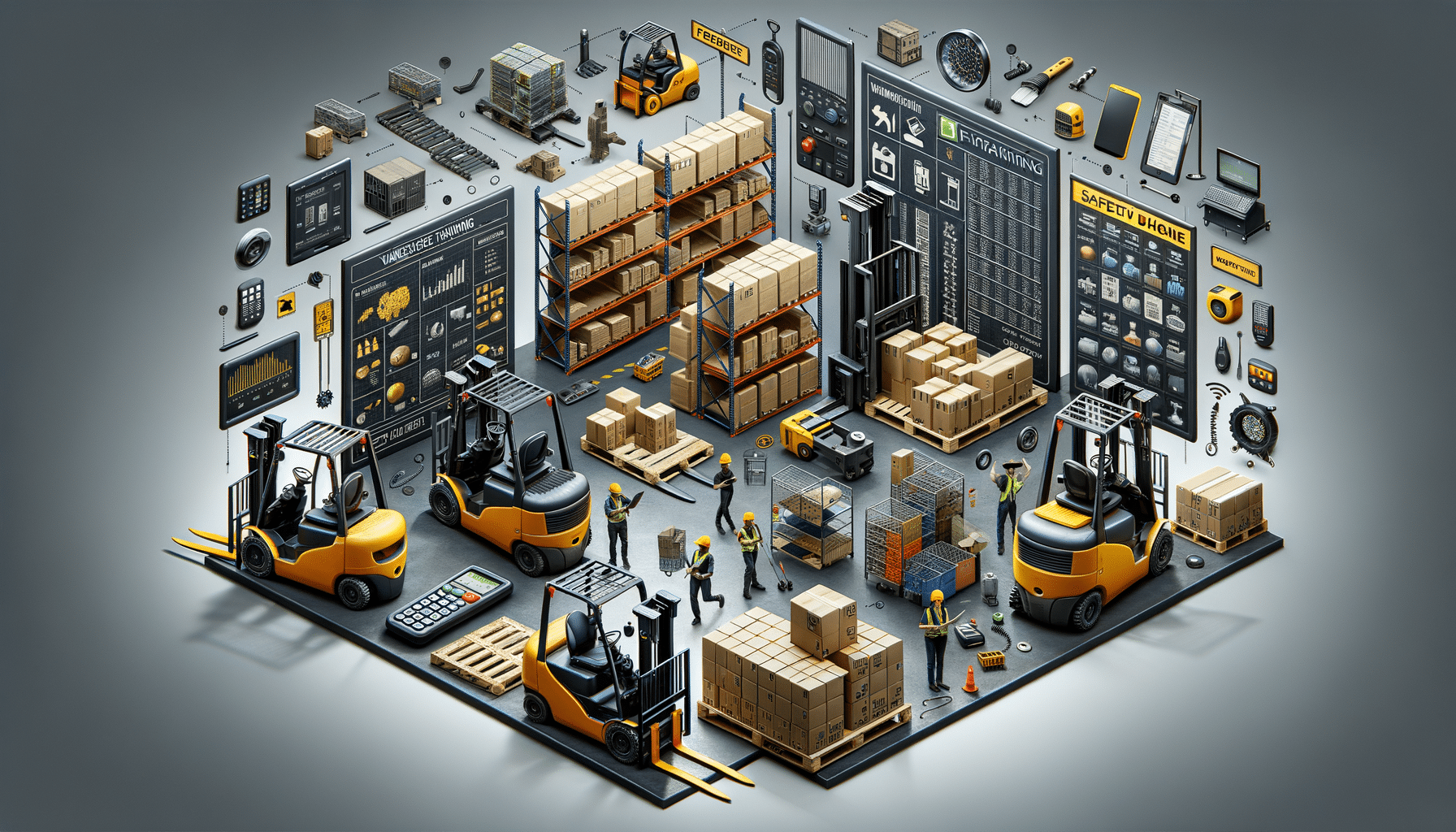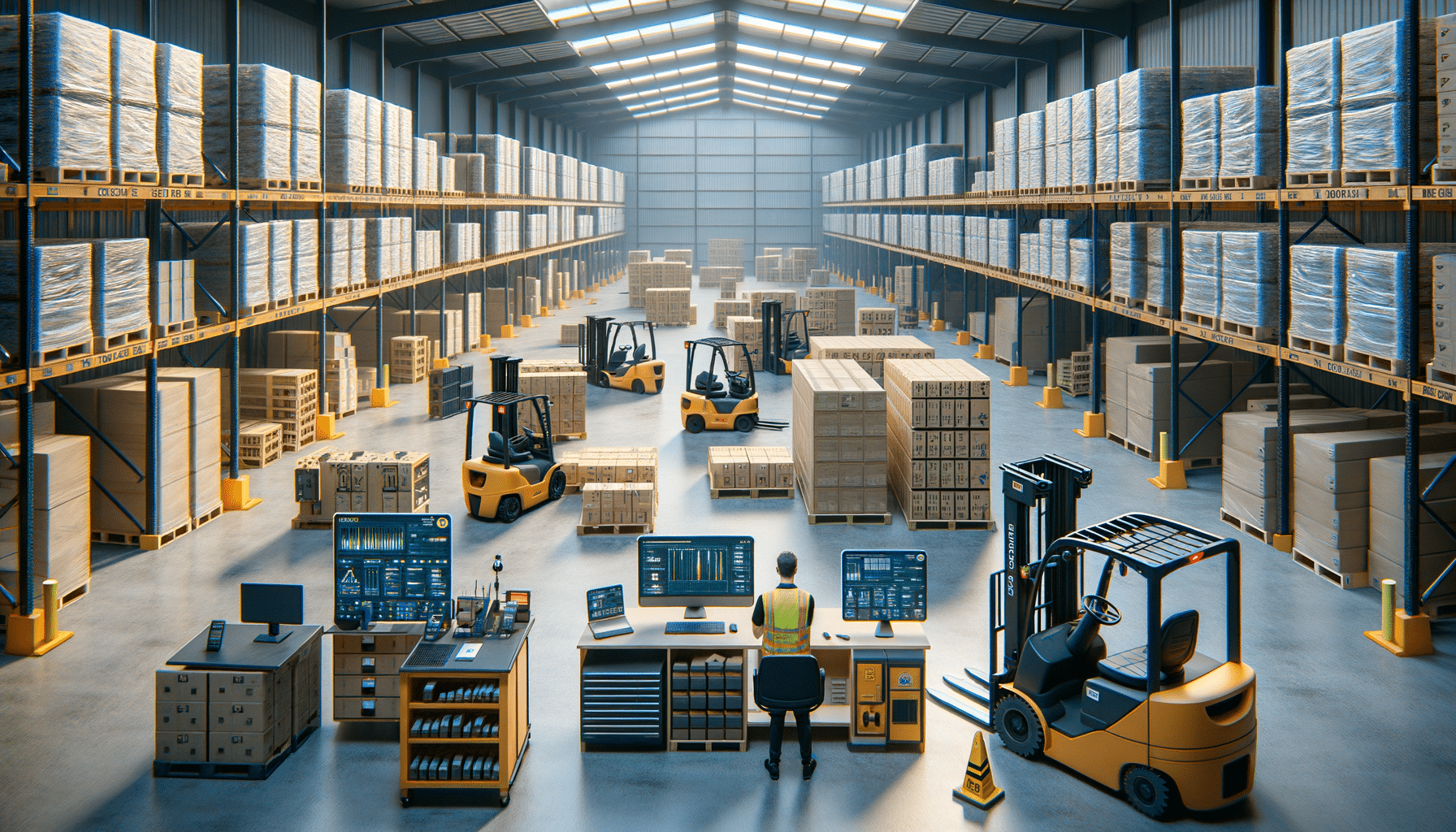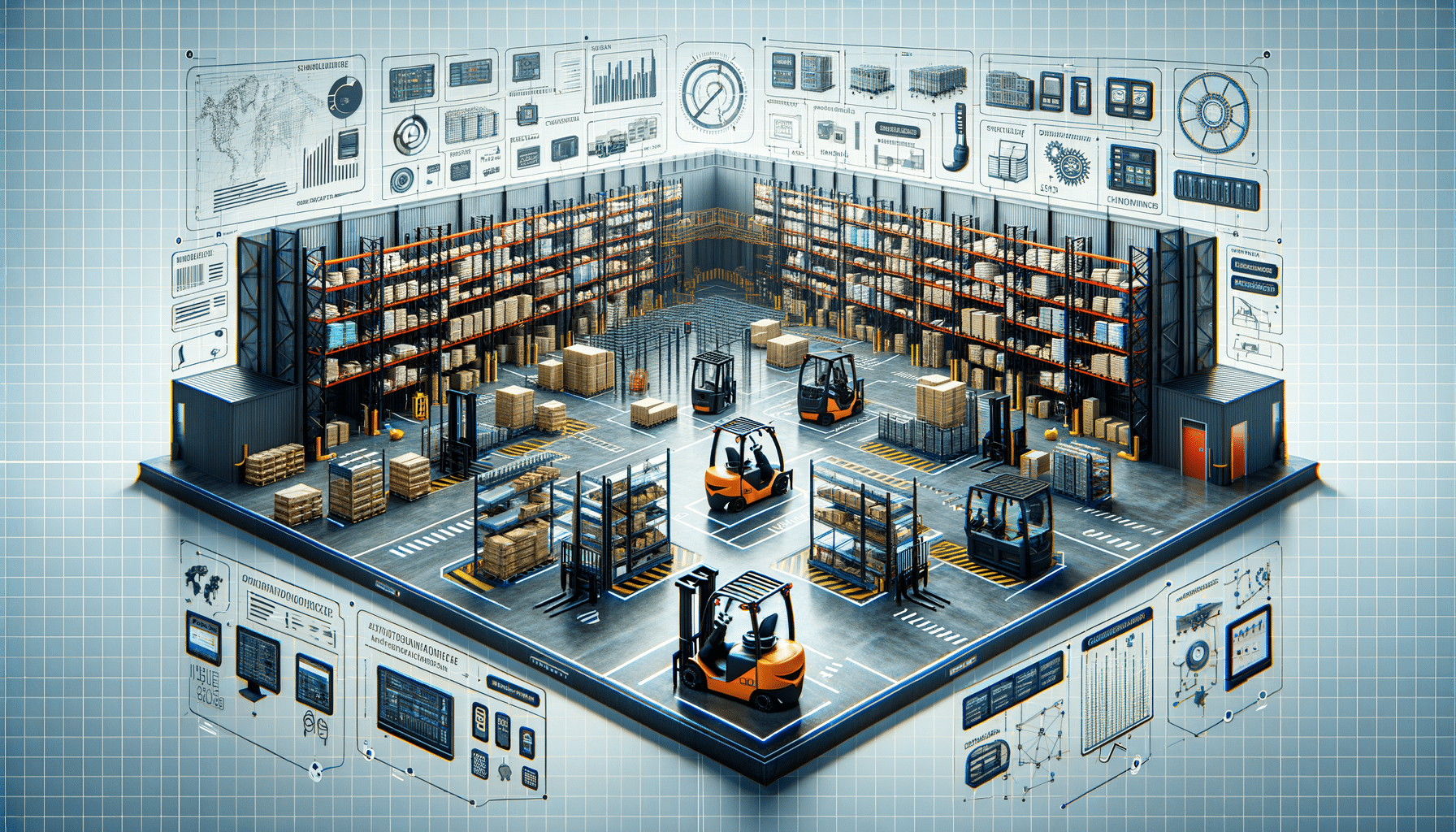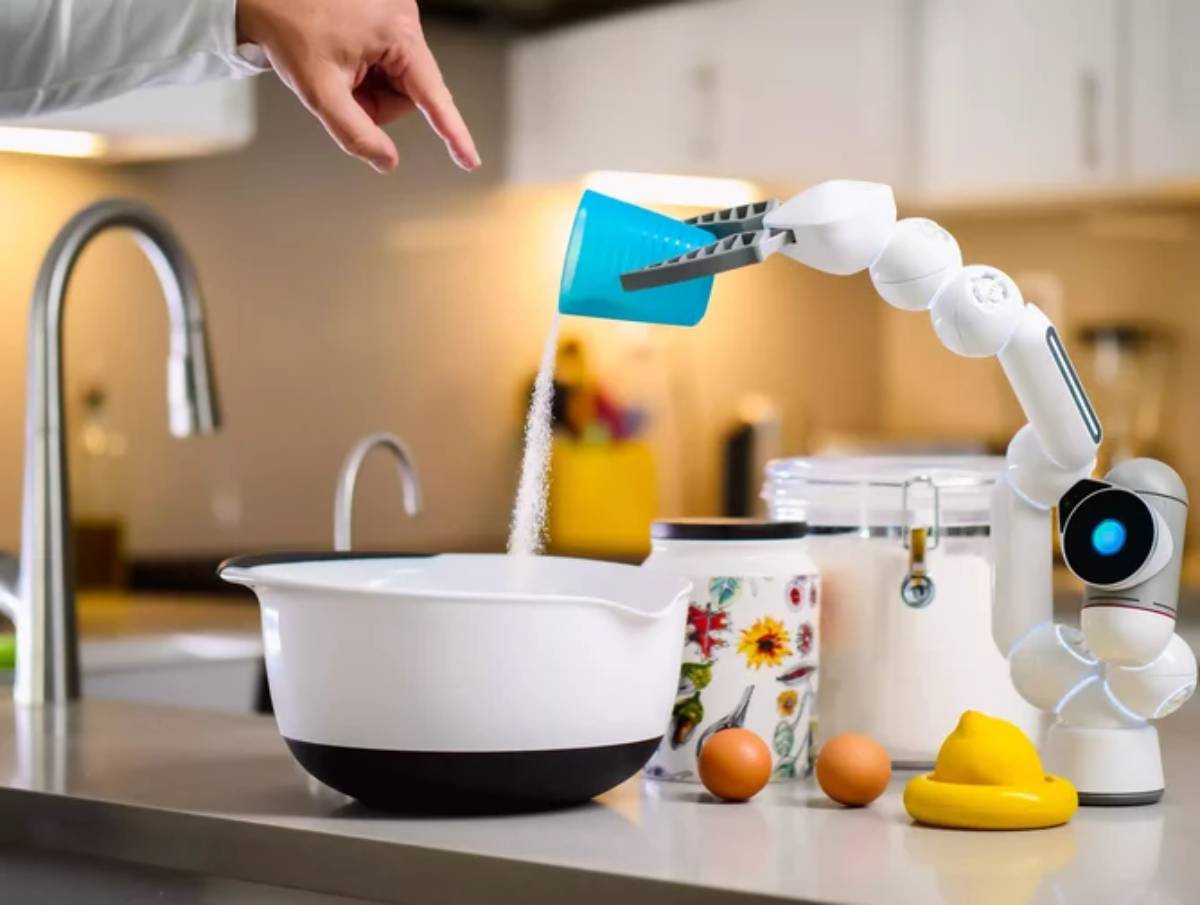
How to Navigate AI’s Impact on Everyday Life in 2025
AI is an essential part of our lives today. Its influence is apparent, from web news articles to intelligent assistants, as we move further into 2025. AI fundamentally alters how we work, run our homes and engage with technology. It transforms our world in ways we could only dream of a decade ago.
In this guide, we’ll explore the ways AI is currently used, share examples of the AI innovations leading this change, and explain how AI can create, be convenient, and be connected. AI is driving a tech revolution, transforming how we live, work, and play, from smart home devices to personalised healthcare to intelligent transportation.
Key Benefits / Why AI Matters in Daily Life
Enhancing Daily Convenience
AI brings great convenience to our lives. Smart home devices simplify household management, like voice-activated assistants and automated lighting. These devices learn our habits for a more tailored experience. For example, AI can adjust the thermostat based on our routines to save energy while keeping us comfortable. AI-powered grocery apps can predict shopping needs and place orders automatically.
Pro Tip:
Customise your smart home settings for maximum efficiency. Automate tasks like brewing morning coffee, activating security systems, and adjusting lighting.
Revolutionising Healthcare
AI significantly improves healthcare by enhancing patient outcomes and streamlining processes. AI algorithms analyse data to help diagnose diseases quickly and accurately. In 2025, AI wearables will monitor our health in real-time, alerting us to issues early. This proactive approach boosts well-being and eases the burden on healthcare systems. AI-driven telemedicine solutions offer instant consultations, cutting wait times.
Transforming Transportation
AI changes how we travel, making commutes safer and more efficient. Autonomous vehicles are now on our roads. These AI-powered cars communicate with each other and traffic systems to optimise routes, reduce congestion, and lower accident risks. Public transport also benefits from AI, with improved scheduling and shorter wait times. Ride-sharing services use AI for dynamic pricing and efficient route planning.
Important Tip:
Enable AI navigation in your vehicle or smartphone app for real-time traffic updates and fuel-efficient routes.
Personalised Learning Experiences
Education improves thanks to AI. AI platforms offer personalised learning tailored to students’ needs. In 2025, AI tutors will provide real-time feedback, helping students understand complex topics. This tailored approach enhances learning outcomes and fosters a love for education by addressing individual strengths and weaknesses. AI also aids workforce training, adapting courses to personal progress.
Quick Guide to Embrace AI in Daily Life
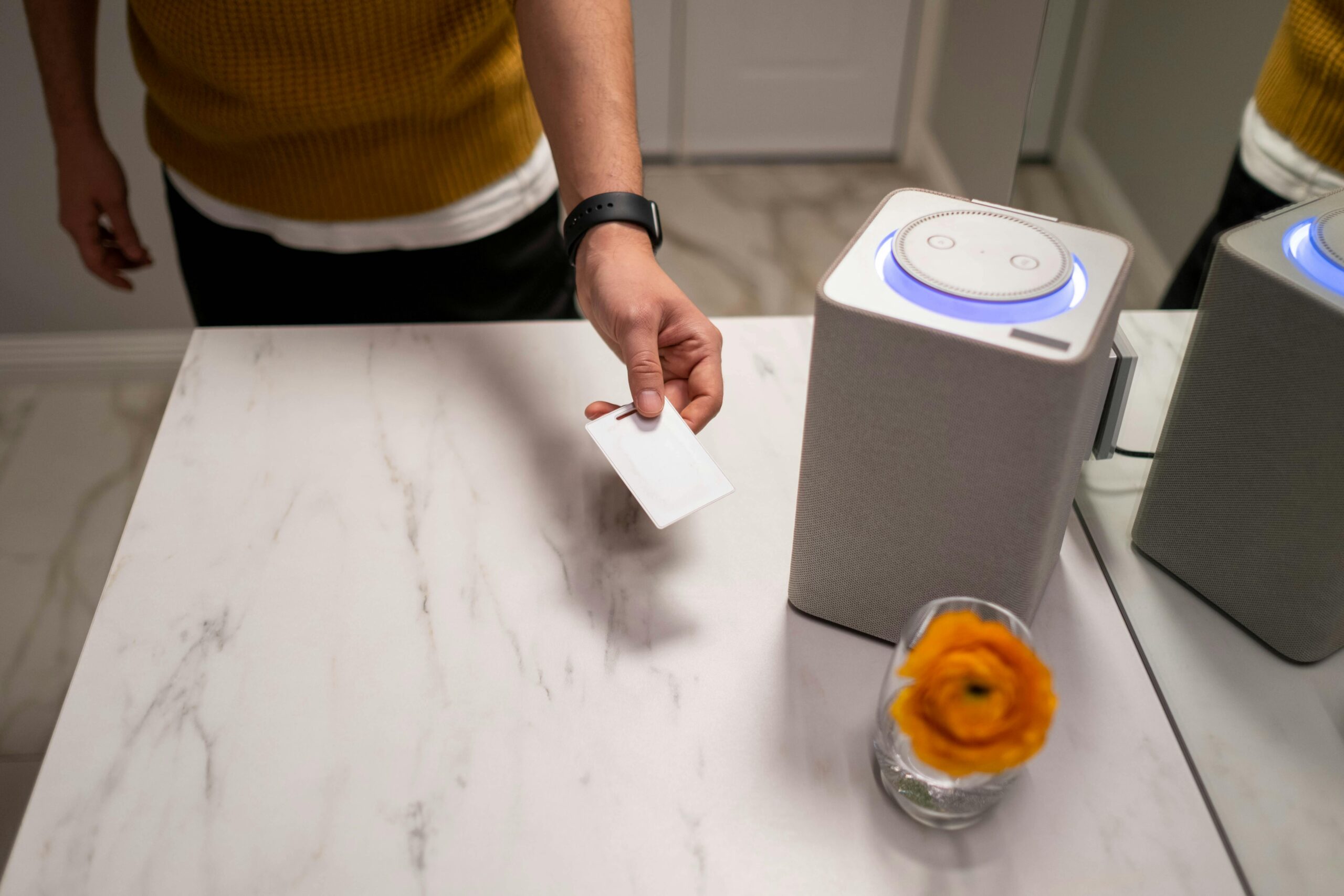
- Integrate Smart Home Devices: Start with AI-powered assistants, thermostats, and security systems.
- Utilise AI-Powered Health Tools: Wearables and AI-driven apps provide personalised health insights.
- Explore AI-Enhanced Transportation Options: AI navigation and ride-sharing services improve travel efficiency.
- Leverage AI for Personalized Learning: AI-powered education tools enhance skill development.
Let’s take a more detailed look at the steps.
Step 1: Integrate Smart Home Devices
- Start with AI-powered smart home devices.
- Begin with a smart speaker or assistant to control lighting, security, and climate.
- Add AI-enabled thermostats, robotic vacuums, and innovative kitchen appliances.
- These devices learn your preferences over time for a customised experience.
Step 2: Utilize AI-Powered Health Tools
- Invest in wearable health tech that tracks vital signs and activity levels.
- These devices offer insights into your health for better lifestyle choices.
- Consider AI-driven health apps for personalised recommendations and progress tracking.
- Use AI-powered mental health chatbots for stress management and self-care tips.
Step 3: Explore AI-Enhanced Transportation Options
- Use AI-enhanced transport services like ride-sharing apps for optimised routes.
- If possible, try autonomous vehicles for safer commutes.
- Public transport systems are also improving service with AI for better scheduling.
Step 4: Leverage AI for Personalized Learning
- Explore AI-driven learning platforms that adapt to individual styles.
- Use AI-based language learning apps.
- Professionals can benefit from AI-driven training programs.
- Lifelong learners can access AI-powered courses tailored to their habits.
Additional Expert Tips & Common Mistakes to Avoid
Best Practices for AI Integration
- Stay updated on the latest AI developments and best practices.
- Regularly update your devices for security and performance.
- Be mindful of data privacy, as AI systems often require personal data.
- Monitor AI recommendations to avoid biased decisions.
Common Mistakes to Avoid
- Over-reliance on AI: Balance is key, even with AI’s convenience.
- Ignoring customisation: Personalizing AI systems improves user experiences.
- Neglecting security updates: Regular updates protect your data from threats.
Advanced Insights / Expert Recommendations
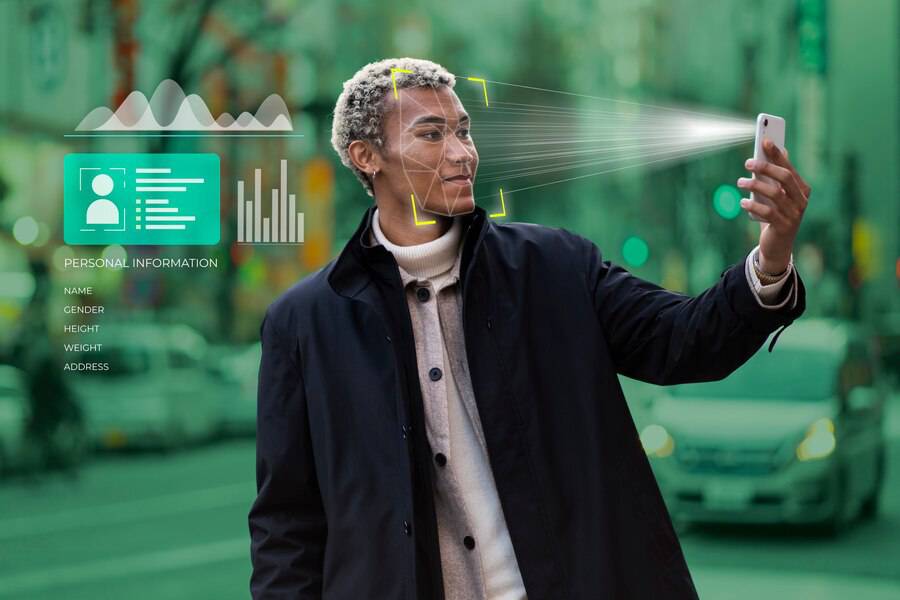
The Future of AI in Daily Life
Looking ahead, AI will become more intuitive and better understand emotions. This will lead to empathetic AI systems that assist us more effectively. AI-driven smart cities will optimise resources, reduce waste, and improve urban living.
Industry Perspectives
Experts predict AI will drive economic growth and create development, data analysis, and cybersecurity jobs. As AI evolves, the demand for skilled professionals will rise. Businesses that leverage AI will gain a competitive edge in efficiency and innovation.
Frequently Asked Questions:
- Can AI replace human teachers?
- What are the best AI learning platforms?
- Are AI healthcare devices safe?
- Can AI diagnose diseases better than doctors?
No, AI enhances learning but lacks the emotional intelligence of human teachers. It serves as a supplementary tool.
Platforms like Coursera, Duolingo, and Khan Academy use AI for personalised experiences.
Yes, they undergo rigorous testing and regulatory approval but should supplement professional medical advice.
AI enhances accuracy, but human doctors are essential for interpretation and care.
Secret Tip- To get the most out of AI, explore platforms offering personalised, AI-based recommendations and insights—whether for health, learning, or even entertainment. By tailoring AI’s functionality to your lifestyle, you can optimise its benefits in everyday life.
Embracing the AI Revolution: A Future of Innovation and Responsibility
AI’s effect on daily life will be evident by 2025. This revolutionises our lives and industries, simplifying complex tasks and reshaping the future of work. AI can help our lives run more smoothly, give us greater convenience, and provide better-connected experiences.
Keep current on AI developments and best practices to maximise your investment. Whether you’re tech-savvy or a casual user, educating yourself about AI can help you take advantage of this dynamic technology.
Now that we know what AI can do let’s consider ethics. This will ensure the development of artificial intelligence that focuses on transparency, fairness, and a responsible approach to usage.
What is the most interesting AI development you’re seeing in 2025?
